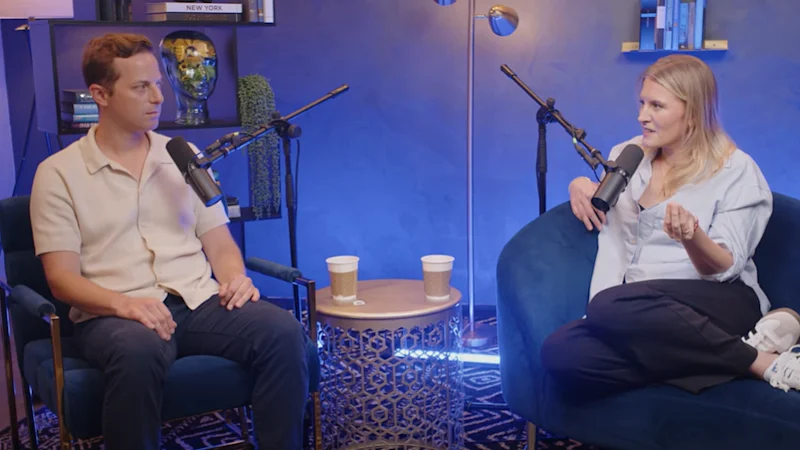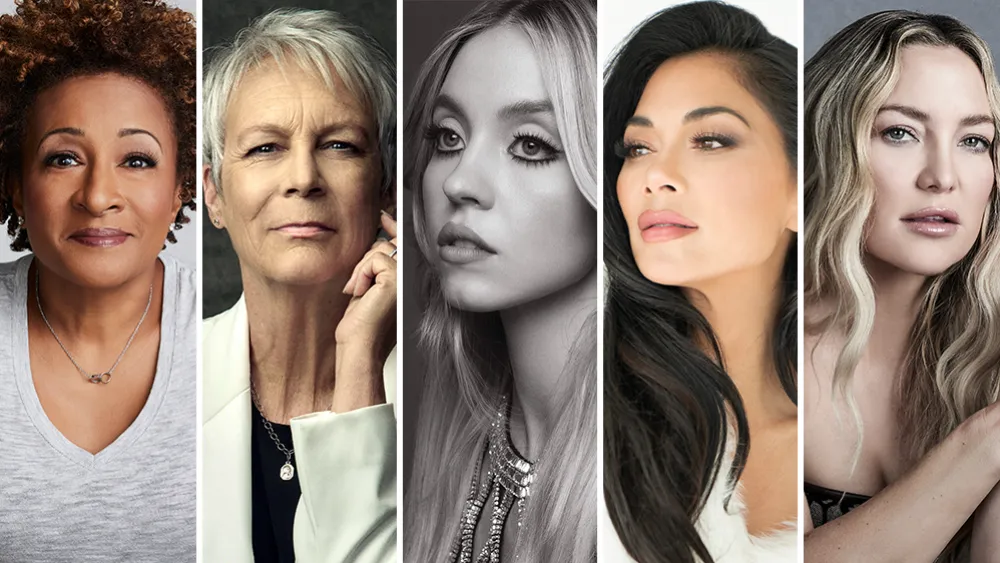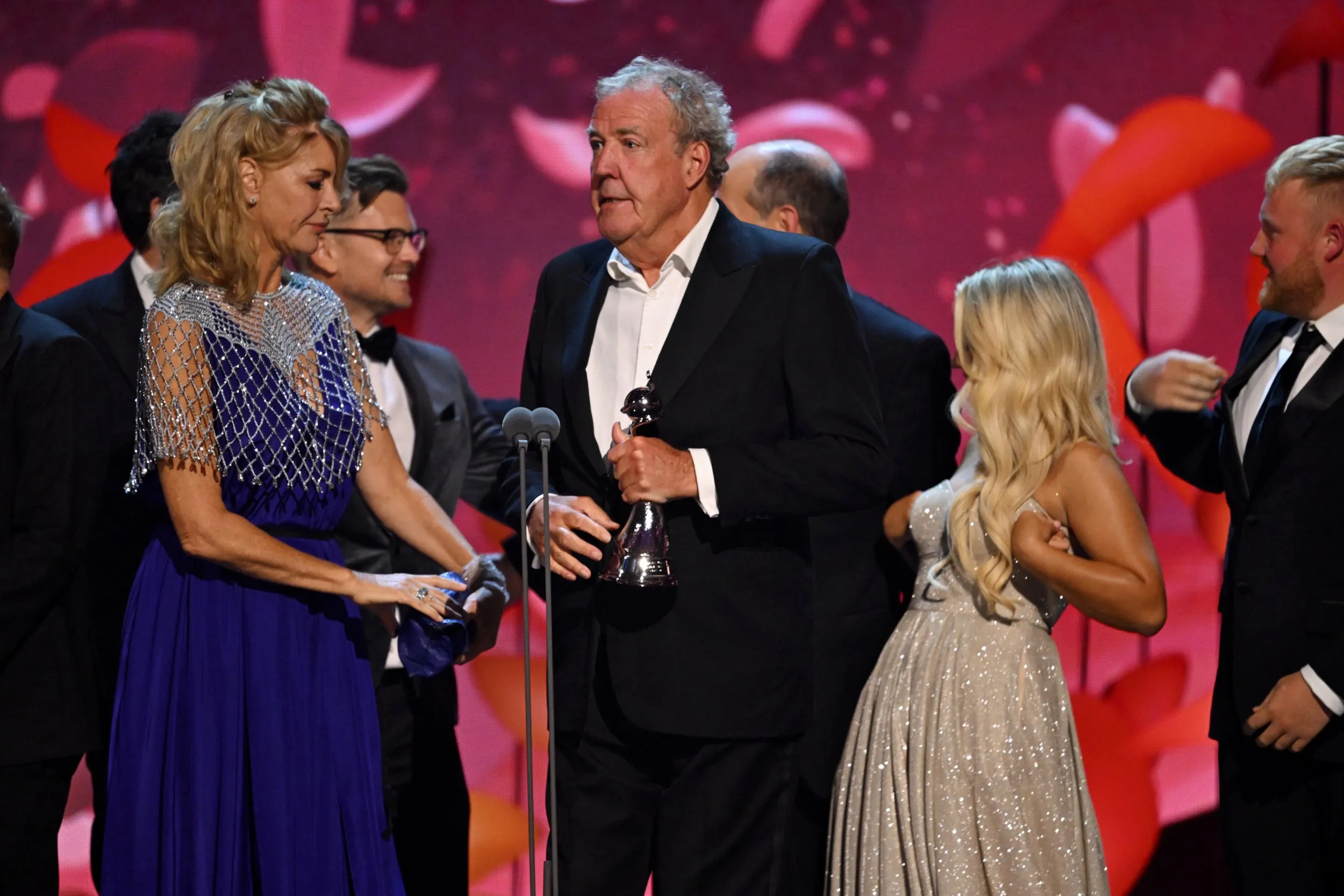By Xinlu Liang
Copyright scmp

Several planned concerts in China by Hong Kong Cantopop idol William So Wing-hong have been cancelled following a public backlash over his past drug involvement, reigniting debate around whether artists convicted of drug offences are allowed to re-enter the spotlight.
The incident has drawn strong criticism from the Communist Party mouthpiece, People’s Daily, which argued that cancelling the concerts alone was not sufficient and called for legal accountability from those responsible for approving the event.
“The authority and values of the relevant departments are heavily questioned, and public trust is inevitably eroded,” according to a commentary published on Wednesday.
“Cancelling So’s concert is necessary, and holding those accountable is also essential. Only by taking these actions can we serve as a warning to others and create a deterrent effect.”
It wrote that drugs were a public nuisance to society, and drug prevention efforts were crucial for “national security, the country’s prosperity and the well-being of the people”.
“As public figures, entertainers in particular must not involve themselves with drugs or cross moral and legal boundaries.”
According to mainland media reports, So had been scheduled to perform in several cities in mainland China early next month. However, after netizens lodged complaints with local authorities highlighting his drug-related past, the concert organisers submitted a formal request to cancel the show.
So, 57, was arrested for Ecstasy possession in Taipei in 2002 and was sent by the court to a rehabilitation centre. He returned to the stage in 2007, including holding concerts in Hong Kong, Taipei and Kuala Lumpur.
The cancellation ends the immediate stand-off, but has reopened a national debate that has simmered ever since China declared a “people’s war on drugs” in 2014: should performers with a drug record be banned for life, and who is to blame when they slip back onto to the stage?
So’s case is not unique. Several artists in China have faced similar controversies amid increasing public scrutiny over drug use in the entertainment industry. In recent years, there have been growing calls, including proposals by national lawmakers, to impose lifetime bans on performers who have engaged in drug-related activities.
Across various social media platforms, supporters of stricter measures argue that celebrities serve as role models, especially for youth, and that drug use undermines societal well-being. Others advocate rehabilitation and redemption, emphasising that individuals who have completed penalties deserve opportunities to rebuild their careers.
Beijing’s official stance, however, is unequivocal.
Allowing those artists to make a comeback under the spotlight is “absolutely not acceptable,” according to People’s Daily. “Once involved in drug-related activities, one must pay the corresponding price.”
In the commentary, it condemned any tolerance towards drug-involved artists, adding that allowing them to perform would “dishonour the sacrifices of anti-drug law enforcement heroes” and “damage the rule of law and social order”.
It further criticised commercial entities for prioritising profit over social responsibility, questioned how the event was approved in the first place and demanded further investigation.
Businesses should put an artist’s moral and legal record first, not profit, and regulators must enforce strict oversight to protect public trust, which was crucial for avoiding a backlash and damage to credibility, it added.



